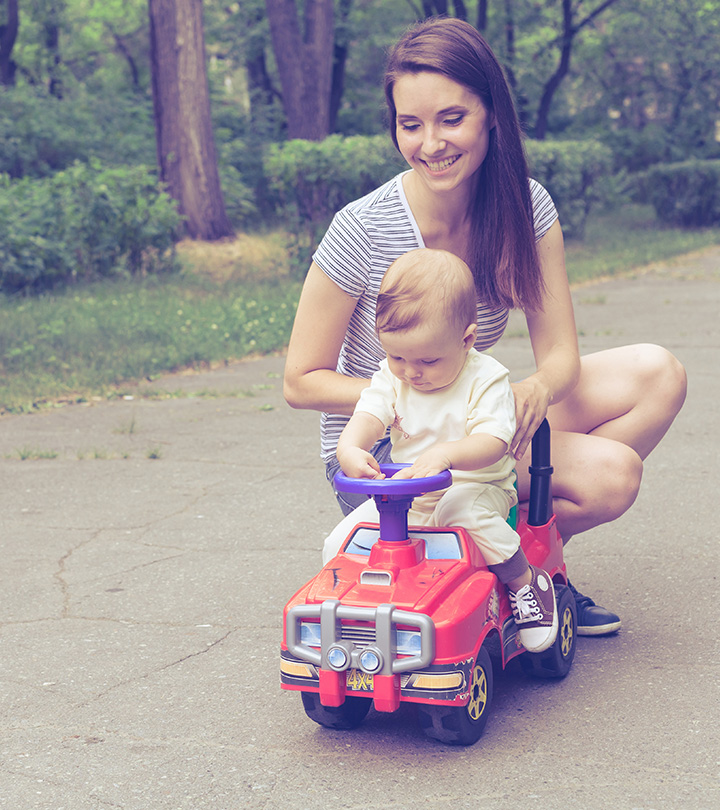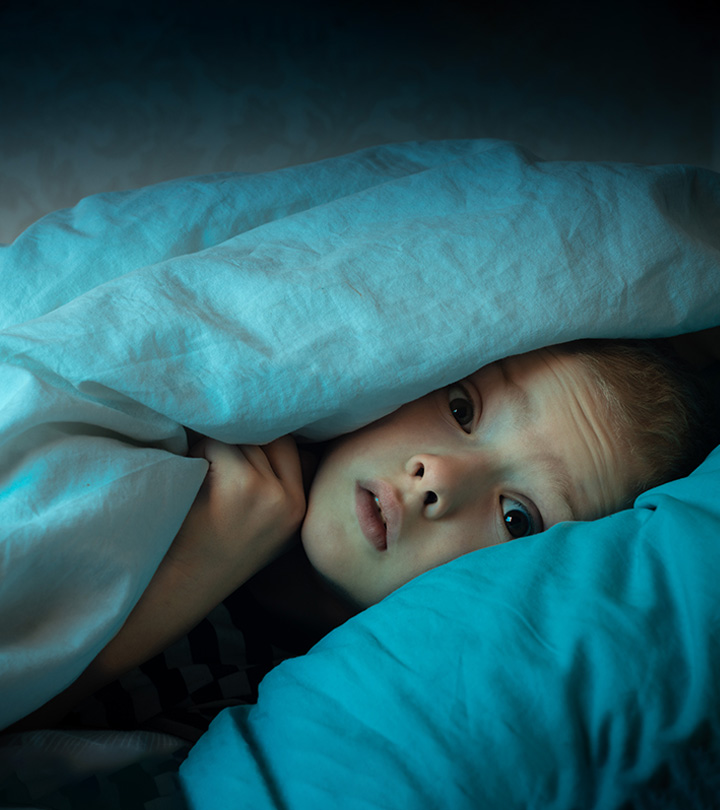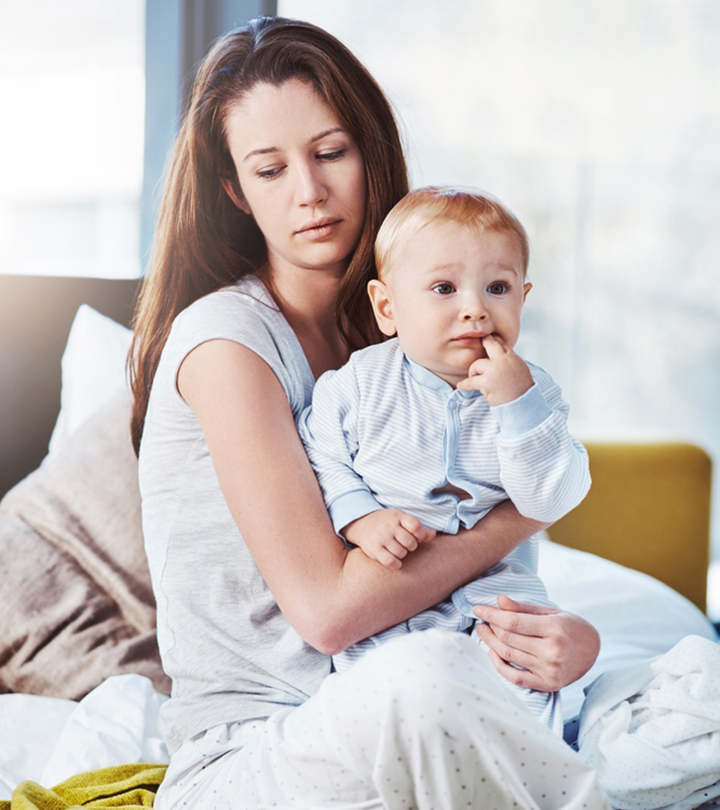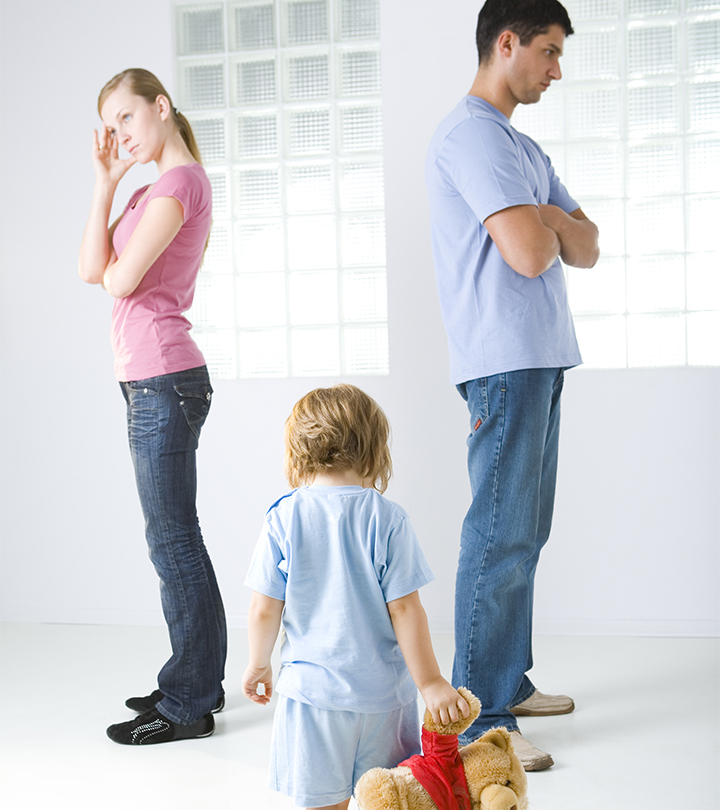
Image: iStock
If you ask a new parent how parenthood is treating her, “Sleepless Nights,” is the usual, subdued, reply. And, unfortunately, the trend of parents having sleepless nights looks set to continue for longer than many thought. But, have you ever wondered why most babies like to stay up at night while the world wants to sleep? There is something about sleep that babies like to fight, and oh so intensely. So, let’s look at why your baby is fighting sleep:
1. An Overtired Baby
Your baby is too tired to be put to sleep! Get it. You missed his sleep window. That’s the time when he is drowsy, and a little pat could have had him in a deep slumber. But now, he is so tired that he has started crying. Trying to pacify him, this time around, will be even harder than before. The worst thing- he can’t complain, “You’ve delayed my bedtime, mommy!” So yes, you need to take charge of his sleeping pattern and note the slightest cues.
2. Or Your Baby Isn’t Too Tired For Sleep
This applies more to toddlers than babies. In fact, it is a rare case. If your baby is refusing to sleep, recap his activities and whether he slept at all during the day. Younger babies don’t need long wake times through a day, but a toddler can stay up for longer. Toddlers are way too curious and want to explore everything around them, so it’s likely they would fight sleep.
3. Babies Could Go Through Separation Anxiety
Separation anxiety usually strikes babies around their ninth or tenth month. The period between the eighth and the tenth month also happens to be the time of sleep regression. Sleep anxiety could increase around the eighteenth month and could resurface around the second year.
4. Your Babyâs Personality And Temperament
Sure, your baby starts displaying his personality as a baby! Babies might also fight sleep because they are energetic, they don’t want to miss out on any fun and sleep could be the most boring thing for them to do. They’d rather stay awake and bring the house down! Jokes apart, some babies are highly gregarious, they love to watch people and are sociable. They learn through observation, something which they could do while they are awake and not sleeping.
5. The Drowsy State
Babies exhibit or live in six different moods or states: irritability, crying, alert, quiet sleep, active sleep, or drowsiness. Babies will reflect their mood by the actions they perform, breathing or making noises. Adults can pretty much guess what state the baby is going through. A baby will get into a drowsy state if he is tired, especially in the case of infants. When drowsy, babies rub their faces with hands, yawn, breathe faster and open and close their eyes. Smaller babies will more likely get cranky and frustrated.
6. Sociable Babies Find Sleepiness Annoying
Babies who love to watch their parents– stare at their faces, try to feel them by touching their mouths or faces, try to imitate their movement, giggle with parents – and are fascinated by virtually everything around them, enjoy learning through observation. It is something that sleep can deprive them off. Their inability to express anguish at sleepiness makes them cry.
7. Your Baby Is Overstimulated
Too much crowd or people around the baby, major changes in routine, vigorous play interfering with bedtime are all reasons enough to overstimulate your baby. The over-stimulation can release chemicals that may affect your baby’s brain. On the other hand, if your baby is nursing and your breast milk contains caffeine that you indulged in a while ago, it could keep your baby disturbed. Some babies are good at processing the chemicals, but most aren’t that successful.
If you are wondering why putting your baby to sleep is an art, you might as well want to understand its causes first. Now that we have explained those sleepless nights to you, you could devise ways to trick your baby to sleep.












